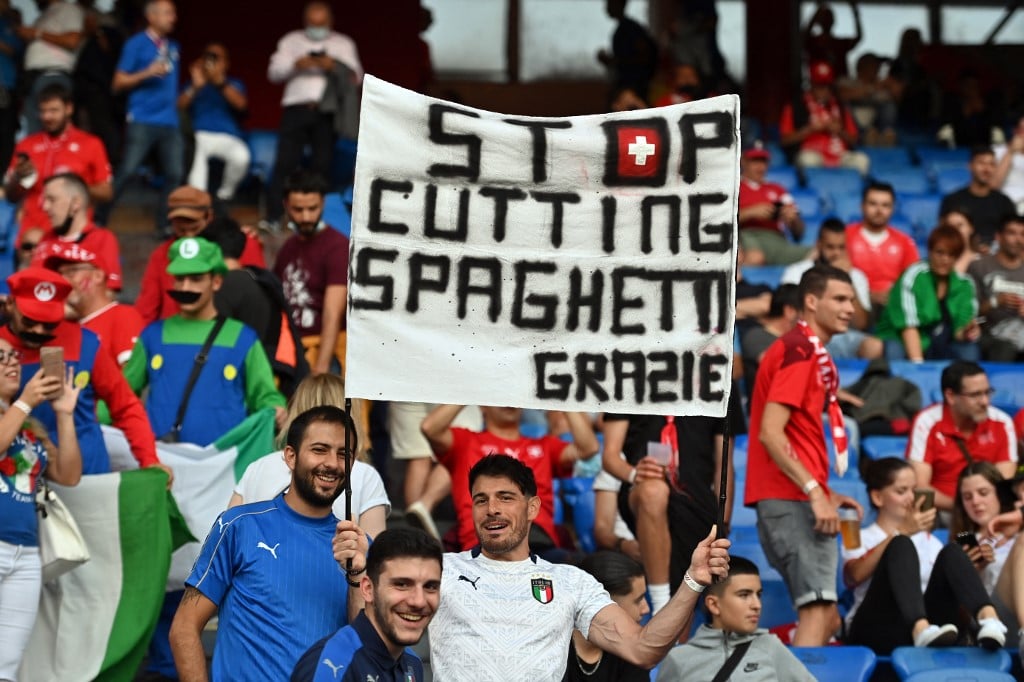VATICAN CITY (RNS) — The agenda for the next round of the Synod on Synodality, scheduled for Oct. 4-27 in Rome, will focus on female leadership and the inclusion of women in the Catholic Church, according to a document released Tuesday (July 9) by the Vatican.
The “Instrumentum Laboris,” or “working document,” is an initial plan for the second and final stage of the synod that Pope Francis called in 2021 with the aim of promoting dialogue in the church and beginning with months of listening sessions at the parish and diocesan levels. Among the most mentioned concerns were LGBTQ acceptance, combating sexual abuse, fighting poverty and violence, and women’s roles in the church.
“The contributions received at all stages highlighted the need to give fuller recognition to the charisms, vocation and role of women, to better honor this reciprocity of relations in all spheres of the Church’s life,” Tuesday’s document stated.
After last October’s synod meeting, bishops and lay representatives met to produce a report on the synod that was sent to local churches for feedback and reflection. Male and female religious organizations, 108 national bishops’ conferences as well as nine participating Eastern rite churches then sent their reflections back to the Vatican’s synod office. A team of 70 experts, including canon lawyers and theologians, collaborated to draft the document released Tuesday.
But while the topic of female participation and leadership is prevalent in the latest document, highly anticipated questions about allowing women to serve as deacons — ordained persons who can perform some of the sacraments and preach at Mass — will not be discussed at the gathering, the Vatican has made clear. Asked about women in the diaconate in a May interview with CBS News, Francis pushed back, saying that women have functioned as deaconesses without ordination in the past, providing “a great service” to the church.
On Tuesday, Cardinal Mario Grech, secretary general of the Vatican synod office, confirmed that women deacons would not be on the agenda at the synod. “I read what the Holy Father said and so far it’s a ‘no,’” Grech said at the news conference presenting the document on Tuesday. “But at the same time, the Holy Father said that the reflection and in-depth theological analysis must go on.”

Cardinal Jean-Claude Hollerich, right, speaks during a presentation of the new guidelines for the Synod of Bishops at the Vatican, June 20, 2023. Cardinal Mario Grech is at left. (AP Photo/Domenico Stinellis)
Cardinal Jean-Claude Hollerich, who leads the European bishops’ conference, also clarified that the synod will not be making a final decision on such matters. “The synod will entrust its conclusions to the Holy Father,” he said.
Indeed, Francis has already asked that this October’s meeting focus on the question of “how to be a synodal church in mission,” pushing off other hot button topics, including the welcoming of LGBTQ people, priestly celibacy and women’s ordination, for study by 10 small groups, which will issue a single report in 2025.
The “Instrumentum Laboris” instructed participants to consider practical actions to realize Catholic women’s “untapped” potential and to develop new possibilities for women at every level. The document suggested creating new spaces where women may share their skills and insights, allowong for more women in decision-making roles, expanding the roles and responsibility of religious women and increasing the leadership of women in seminaries and church tribunals.
The document urged acceptance and embrace of diverse communities in the church more generally, calling for greater lay participation, accessible liturgies and the welcoming of marginalized groups. The document also asked that language and images used in churches be “more inclusive.”
Synod participants were asked to strengthen the role of councils of lay and religious people that assist parish priests in managing the community. “This is one of the most promising areas on which to act for a swift implementation of the synodal proposals and orientations, leading to changes with an effective and rapid impact,” the document read.
The authors of the document appear to recognize that the financial and clerical abuse scandals of recent years have tarnished the church’s reputation, and they call for more scrutiny of local churches to ensure transparency and accountability, suggesting that laypeople with experience in financial planning and audits be more involved. To combat abuse, the authors proposed that Catholic congregations explain how they have implemented safeguards.
All these issues, the “Intrumentum Laboris” said, could be better dealt with through closer collaboration between dioceses and the national bishops’ conferences.
RELATED: Eucharistic Revival and synodality
If the Vatican can’t solve the most contentious disagreements in the church, the latest document seemed to project a softer approach on these issues. “Sure, there have been tensions and conflicts,” said the Rev. Giacomo Costa, special secretary of the synod, adding that “the church is not homogeneous but harmonious.”
“It would be nice if everyone,” Costa said at Tuesday’s news conference, “were able to put harmony first, and not ideas, ideologies or interests, that end up destroying what we claim we want to preserve.”
RELATED: ‘Which parts of the world do we stop covering?’ Former leaders alarmed by USCCB layoffs ask
Note: This article have been indexed to our site. We do not claim legitimacy, ownership or copyright of any of the content above. To see the article at original source Click Here













